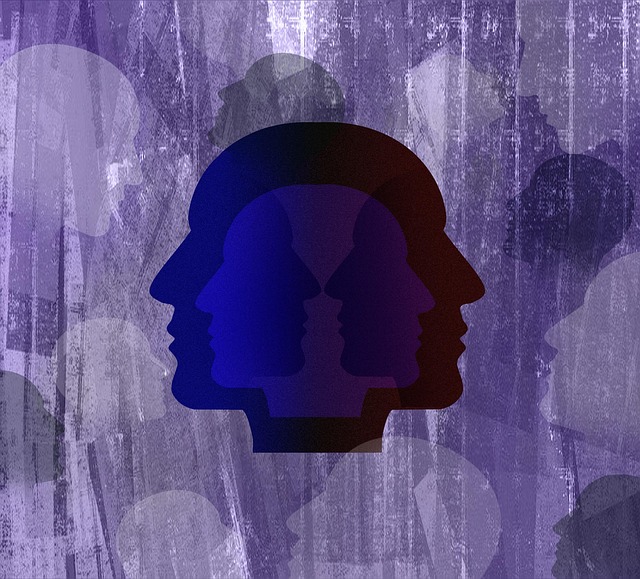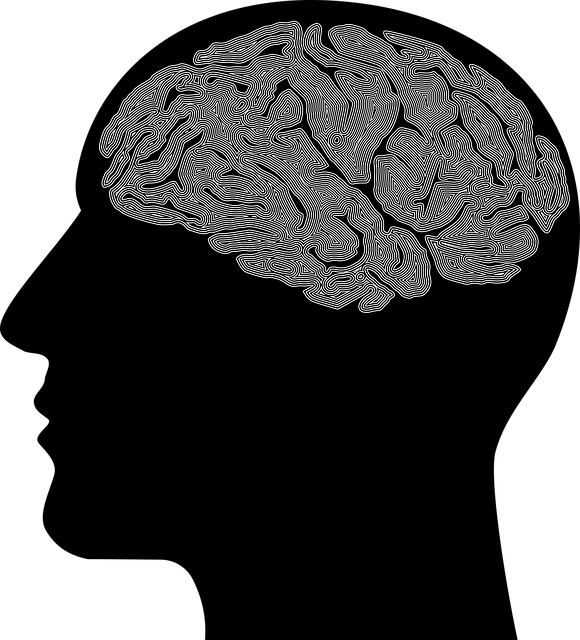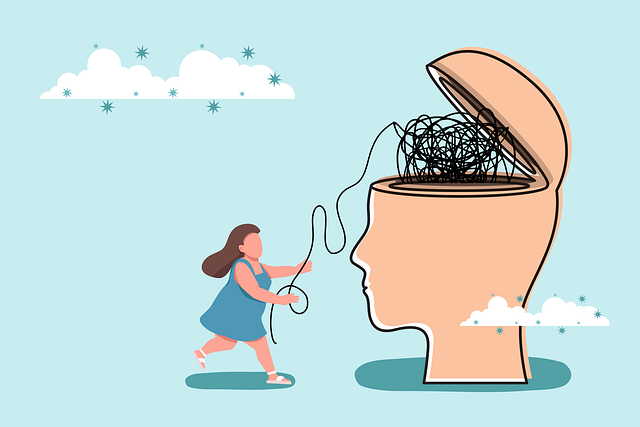Cultural sensitivity in mental healthcare, as exemplified by Golden Codependency Therapy (GCT), is vital for addressing diverse clients' unique needs and challenges. GCT adapts traditional practices like mindfulness meditation from ancient cultures to create inclusive, effective therapies tailored to individual backgrounds, strengthening therapeutic bonds and improving outcomes. By integrating cultural contexts, self-care routines, and community outreach, mental health professionals can mitigate biases, prevent burnout, and reduce stigma, fostering deeper connections and improved emotional well-being for all.
In an increasingly globalized world, cultural sensitivity in mental healthcare is paramount. Understanding and respecting diverse cultural contexts not only enhances therapeutic outcomes but also builds trust between caregivers and clients. This article explores essential aspects of cultural sensitivity, including the impact of biases, innovative approaches like Golden Codependency Therapy, and practical strategies for fostering competence. Through real-world case studies, we demonstrate successful cultural sensitive practices that prioritize every individual’s unique background.
- Understanding Cultural Sensitivity: A Foundation for Effective Therapy
- Uncovering the Impact of Cultural Biases in Mental Healthcare
- Golden Codependency Therapy: An Approach That Respects Diverse Cultural Contexts
- Strategies for Building Trust and Fostering Cultural Competence
- Case Studies: Successful Cultural Sensitive Practice in Action
Understanding Cultural Sensitivity: A Foundation for Effective Therapy

Understanding cultural sensitivity is paramount in mental healthcare as it forms the foundation for effective therapy. It involves recognizing and appreciating the diverse beliefs, values, and practices that shape individuals’ experiences of mental illness and well-being. In a globalized world, mental health professionals increasingly encounter clients from various ethnic, racial, and cultural backgrounds, each bringing their unique perspectives and experiences. This requires therapists to be adaptable and open-minded, going beyond mere knowledge and embracing a mindset that values and incorporates these differences into practice.
Golden Codependency Therapy, for instance, emphasizes the interconnection between individuals’ emotional intelligence and their relationships. By integrating cultural sensitivity, therapists can tailor their approach to respect and understand clients’ family dynamics, community influences, and personal beliefs, thereby fostering deeper connections and more meaningful therapy. Furthermore, addressing the Mental Illness Stigma Reduction Efforts through culturally sensitive practices promotes Emotional Well-being Promotion Techniques that resonate with diverse populations, ultimately enhancing therapeutic outcomes.
Uncovering the Impact of Cultural Biases in Mental Healthcare

Uncovering the Impact of Cultural Biases in Mental Healthcare
Cultural biases often go unnoticed within the mental healthcare landscape, yet their effects are profound. These biases can significantly impact the quality of care provided to individuals from diverse backgrounds, potentially leading to misdiagnoses or inappropriate treatment plans. For instance, certain cultural norms and practices may influence how a patient expresses distress or seeks help, creating barriers between the client and therapist. Golden Codependency Therapy offers a unique approach to addressing these challenges by fostering deeper understanding and connection, transcending superficial interactions.
Self-Care Routine Development for Better Mental Health and Community Outreach Program Implementation are essential strategies to mitigate cultural biases. By promoting self-care among healthcare professionals, we reduce the risk of burnout, which is particularly prevalent in diverse practices. Moreover, community outreach programs can bridge gaps between mental health services and culturally marginalized groups, ensuring that everyone has access to the support they need. Burnout prevention, therefore, plays a vital role in maintaining a sensitive and effective healthcare environment that respects and caters to varied cultural needs.
Golden Codependency Therapy: An Approach That Respects Diverse Cultural Contexts

Golden Codependency Therapy (GCT) is a revolutionary approach in mental healthcare that recognizes and values diverse cultural contexts. This therapy goes beyond traditional Western models by incorporating cultural sensitivity at its core, making it an effective tool for treating individuals from various ethnic, racial, and socioeconomic backgrounds. GCT aims to address the unique challenges faced by culturally diverse communities, often overlooked in mainstream psychiatric care.
By adopting GCT, mental health practitioners can foster a deeper understanding of their clients’ cultural identities and beliefs, which is essential for building trust and empathy. This approach encourages therapists to adapt their practices to suit individual needs, promoting more inclusive and accessible treatment. Moreover, GCT provides valuable strategies for depression prevention and empathy-building, ensuring that care remains culturally sensitive while enhancing the overall therapeutic experience.
Strategies for Building Trust and Fostering Cultural Competence

Building trust and fostering cultural competence are essential strategies within mental healthcare, aiming to create a safe and supportive environment for clients from diverse backgrounds. Therapists can begin by actively listening and showing genuine interest in understanding their client’s unique cultural perspectives and experiences. This involves asking open-ended questions, encouraging self-reflection, and creating a non-judgmental space where clients feel comfortable sharing their stories. By doing so, therapists can challenge their own biases and preconceptions, recognizing that every individual brings a distinct cultural lens to their therapy journey.
One effective approach is integrating Golden Codependency Therapy (GCT), which focuses on cultivating healthy interdependence and self-care practices while acknowledging the impact of cultural factors on mental health. GCT encourages clients to explore their relationships and personal boundaries, fostering resilience building and anxiety relief. Through this process, therapists can help individuals develop adaptive coping mechanisms, enhance their self-awareness, and promote positive cultural expressions, ultimately strengthening the therapeutic alliance and improving outcomes.
Case Studies: Successful Cultural Sensitive Practice in Action

In the realm of mental healthcare, cultural sensitivity is a game-changer that fosters effective treatment and healing. Case studies illustrate powerful examples of how Golden Codependency Therapy (GCT) has successfully navigated diverse cultural landscapes. This therapeutic approach recognizes the intricate interplay between culture and mental health, tailoring interventions to address unique needs. For instance, GCT has shown remarkable effectiveness in incorporating mindfulness meditation practices, drawing on ancient cultural wisdom to enhance inner strength development among patients from various backgrounds.
By integrating Trauma Support Services within the framework of GCT, healthcare professionals create safe spaces that resonate with individuals’ cultural identities. This approach not only encourages open dialogue but also facilitates the exploration of traumatic experiences within a culturally sensitive context. The success stories from these case studies highlight the importance of understanding and respecting cultural nuances, ultimately leading to improved patient outcomes and stronger therapeutic alliances.
In conclusion, integrating cultural sensitivity into mental healthcare is paramount for providing effective treatment. By understanding and addressing cultural biases, adopting approaches like Golden Codependency Therapy that respect diverse contexts, and employing strategies to build trust and foster cultural competence, healthcare professionals can significantly enhance patient outcomes. The case studies presented demonstrate the power of these practices in creating a more inclusive and successful therapeutic environment.














